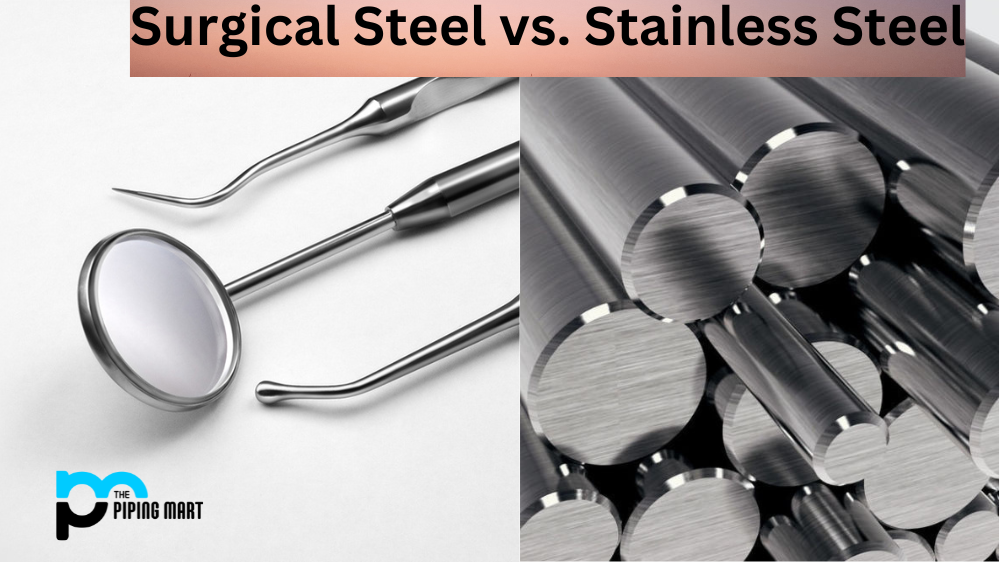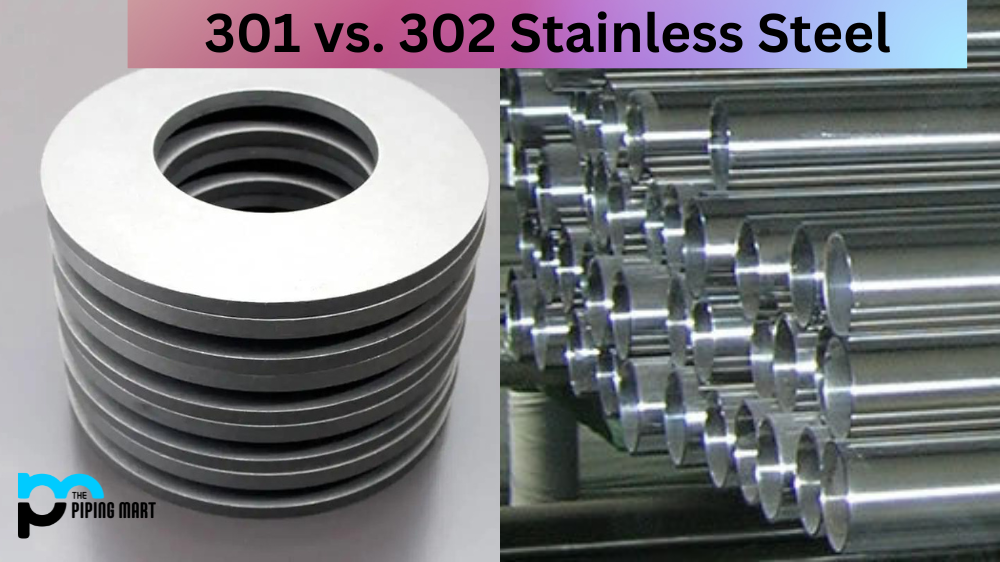If you’re looking for durable and stylish jewelry, you may have come across the terms “surgical steel” or “stainless steel.” But what are the differences between these two types of steel? Let’s break it down.
What Is Surgical Steel?
Surgical steel is a type of stainless steel that is used in medical instruments and implants. It has a high chromium content which makes it rust-resistant and very durable, perfect for items that are inserted into the human body. Additionally, surgical steel does not contain nickel, making it an ideal choice for those with nickel allergies. It is also hypoallergenic, meaning it will not irritate sensitive skin.
What Is Stainless Steel?
Stainless steel is an alloy of iron, carbon, and chromium. It is strong, corrosion-resistant, and has a glossy finish, making it very popular as a fashion accessory. While surgical steel has some advantages over stainless steel (such as its lack of nickel), stainless steel can still be considered hypoallergenic as long as it contains low levels of nickel (typically less than 0.5%). As such, many jewelry pieces made from stainless steel are safe for those with sensitive skin or nickel allergies to wear without irritation.
It should be noted that both surgical and stainless steels come in various grades based on their composition, so the exact properties of any given piece may vary depending on its grade – so always check before purchasing!
Difference Between Surgical Steel and Stainless Steel
Benefits
Surgical steel
The main benefit of surgical steel is that it is less likely to cause an allergic reaction than other types of metals. Additionally, surgical steel is more durable than other types of metals, making it ideal for use in body piercings.
Stainless steel
The main benefit of stainless steel is its resistance to rust and corrosion. Additionally, stainless steel is more durable than other types of metals, making it ideal for use in a variety of applications.
Disadvantages
Surgical steel
One drawback of surgical steel is that it can be more expensive than other types of metals. Additionally, surgical steel can be difficult to work with, making it less ideal for use in body piercings.
Stainless steel
One drawback of stainless steel is that it can be more expensive than other types of metals. Additionally, stainless steel can be difficult to work with, making it less ideal for use in some applications.
Other Differences
- Surgical steel is a type of stainless steel that is used in medical implants and other surgical instruments.
- Surgical steel is more resistant to corrosion than other types of stainless steel.
- Surgical steel is less likely to cause an allergic reaction in people with nickel allergies.
- Surgical steel is more expensive than other types of stainless steel.
- Surgical steel is not as widely available as other types of stainless steel.
Conclusion
Both surgical steel and stainless steel can make excellent fashion accessories due to their durability and resistance to rusting or tarnishing over time. However, if you have sensitive skin or a nickel allergy, then surgical steel might be the better option since it does not contain any trace amounts of this element. Ultimately though, either option should provide you with stylish jewelry that stands up to everyday wear and tear! With this information in mind, you should now feel more confident when choosing between surgical vs. stainless steel jewelry pieces – happy shopping!

Pipingmart is a B2B portal that specializes in metal, industrial and piping items. Additionally, we share the latest information and information about materials, products and various types of grades to assist businesses that are involved in this business.




